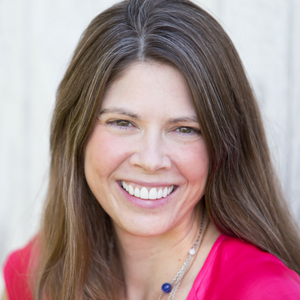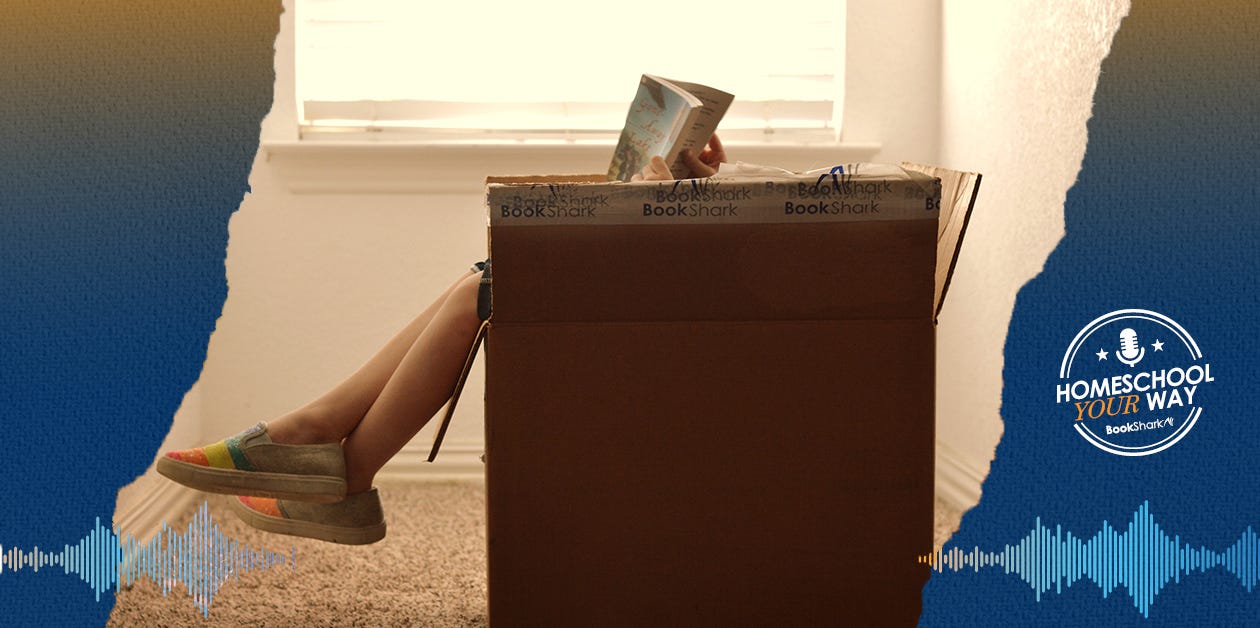Say This, Not That: 10 Perfect Phrases to Develop a Growth Mindset
-
 By
Ginny Kochis
By
Ginny Kochis
- Mar 11, 2022

I’m not a growth mindset mom, at least not by default.
I’ve read all about the importance of developing one, and I’ve written about its benefits. But as many a homeschool parent can attest, being aware of a practice and its real life application isn’t the same thing as actually doing it.
My kids know to put their dirty clothes in the hamper. Want to guess how many pajamas I find shoved behind the bathroom door?
The situation’s pretty similar when it comes to me and a growth mindset. I know what it means to have one, and I know when I need to use such an approach. But the minute a perceived failure or challenge shows up at my doorstep, my first instinct is to give up with a cry of "I just can't do this! I'm not good at it. I never have been." The fatalistic, fixed mindset tends to be my default instead of applying what I know about growth mindset.
Sadly, my fixed mindset affects my children. As we all know, parental attitudes toward failure have a major impact on the behaviors of our children.
Father-daughter psychologists Robert and Lisa Firestone have coined this the Self-System: a phenomenon in which a parent’s self-concept serves as a tool to shape the child’s. When parents shut down or give up in the face of difficulty, a child observes and internalizes the behavior as an appropriate response to struggle. Watching a parent work through a challenge, on the other hand, internalizes a message of hope: if mom and dad persevere through a problem, the child discovers that she can, too.
It’s not that parents who present a fixed mindset are lazy or lack a desire to succeed. It’s more that our patterns of behavior become habit: once we walk down the path of least resistance, it’s easiest to keep walking along that well-worn rut.
Fortunately, though, our habits are flexible, and there are steps we can take to foster growth in ourselves. Once we exhibit these characteristics to our children, they’ll begin to develop the behaviors as well. They’ll view challenge as an opportunity, not as failure or as a reason to turn tail and run.
 Say This, Not That: 10 Perfect Phrases to Develop a Growth Mindset
Say This, Not That: 10 Perfect Phrases to Develop a Growth Mindset
Habits take time to develop, and with mindset, it’s a matter of positive self-talk. Changing the way we speak to ourselves and our children will go a long way toward reducing the desire to surrender.
To build a growth mindset within yourself learn to replace familiar mental phrases with new ones:
-
Instead of “I’m not doing this right,” say, “I need to revisit my options.”
-
Instead of “This isn’t something I’m good at,” say, “I’m still working on this skill.”
-
Instead of “My house is always a disaster,” say, “Good things happen in my home. I’ll teach the kids to help out.”
-
Instead of “There’s no way I can do it all,” say, “I know when to ask for help."
-
Instead of “I’m not qualified to teach this,” say, “This is a great time for me to learn alongside the kids.”
To build a growth mindset within your kids, learn these new ways of communicating:
- Instead of “Math [reading, writing, etc.] comes really easily for you,” say, “Let’s find a challenging problem [book, topic, etc.] to tackle.
- Instead of “You’re a strong writer (reader, artist, etc.),” say, “Let’s try writing in a different genre (reading a different author; creating in a different medium) to stretch your learning muscles.”
- Instead of “This is so good!” say, “I love the colors (ideas, examples) you’ve used here. How will you approach it next time?”
- Instead of “Maybe this activity just isn’t your thing,” say, “How can we conquer this next time?”
- Instead of “You worked hard. Aren’t you glad it’s over?” say, “That took a lot of effort. What path will you follow next time?”
While positive phrases are immensely helpful, they’re definitely not a golden ticket. Changing the way we think about challenge takes concrete reminders of the triumphs of our past. Try keeping evidence of family accomplishments posted in a conspicuous, well-trafficked place so you can celebrate these small victories every day. You’ll develop a growth mindset together as a family, and find new ways to turn daily challenge to success.










